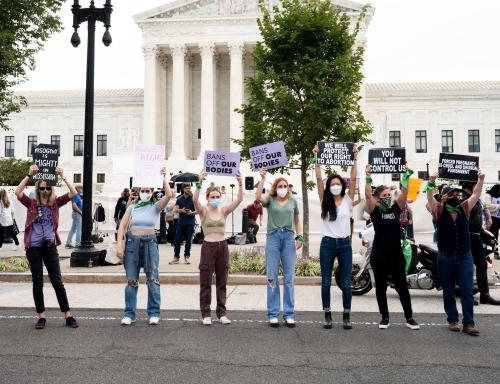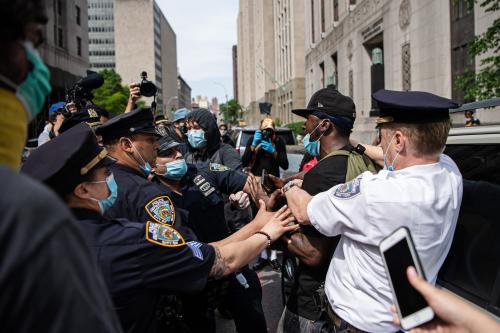I’m not sure what the headline writer at the New York Times meant by saying that the issue of same-sex marriage “pushes justices into overdrive.” I suspect “underdrive” may be more like it.
The court agreed last Friday to take two landmark gay-marriage cases. In one, lower courts overturned Proposition 8, which banned gay marriage in California. In the other, lower courts overturned the Defense of Marriage Act (DOMA), which barred any federal recognition of states’ same-sex marriages.
Bookmakers must be in clover with these two cases, because there are so many possible permutations to bet on. The court could go as far as to overturn DOMA and order national gay marriage as a constitutional right. It could go almost as far in the other direction, upholding DOMA
and foreclosing not only gay couples’ constitutional claim to marriage but gay individuals’ claim that homosexuality is entitled to constitutional protection from discrimination.
So, yes, the court could go into “overdrive.” Attentive court-watchers, however, note two things:
- The court asked to be briefed on whether the litigants in both cases have proper standing to sue, a question opened up by some unusual details of the two cases. The court, this suggests, is considering dismissing all the claims and just ducking out. That would probably leave California with gay marriage and the federal government with DOMA. Outside California, hardly anything would be changed.
- In the case testing Proposition 8, the Ninth Circuit U.S. appeals court already narrowed the case to just being about California. That decision, too, gives the Supremes an easy way to turn a big national case into a much smaller local one.
It’s possible to imagine a pair of five-four decisions giving gay-rights activists everything they want, with Justice Anthony Kennedy as swing vote and Justice Antonin Scalia writing the most scathing dissent of his frequently scathing career. Maybe, as conservatives have suggested, Kennedy is determined to write himself into the history books as the patron saint of gay rights.
But my guess—just a guess, of course, because who knows—is that Chief Justice John Roberts will nudge the court toward a broad consensus around narrow decisions, rather than vice versa. I can even imagine him getting unanimity for a ruling, in the Proposition 8 case, that tells everyone to come back with another case at some point in the future—when, not incidentally, the country will be closer to a consensus.
Getting the court’s liberals to uphold DOMA, which has been roundly rejected by lower courts, is more of a stretch. Still, here’s a possibility to bear in mind about the bang of the court’s decision to take these two polarizing cases: it might well end with a depolarizing whimper.



Commentary
The Supreme Court Takes Up Same-Sex Marriage
December 11, 2012